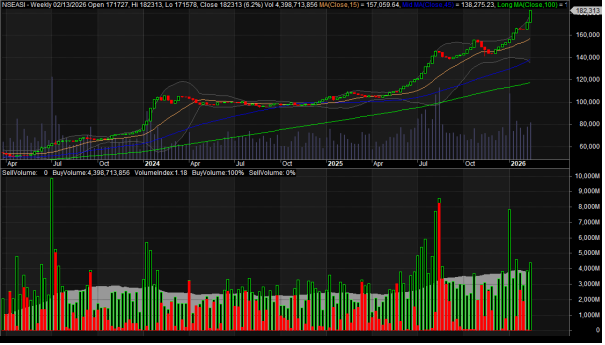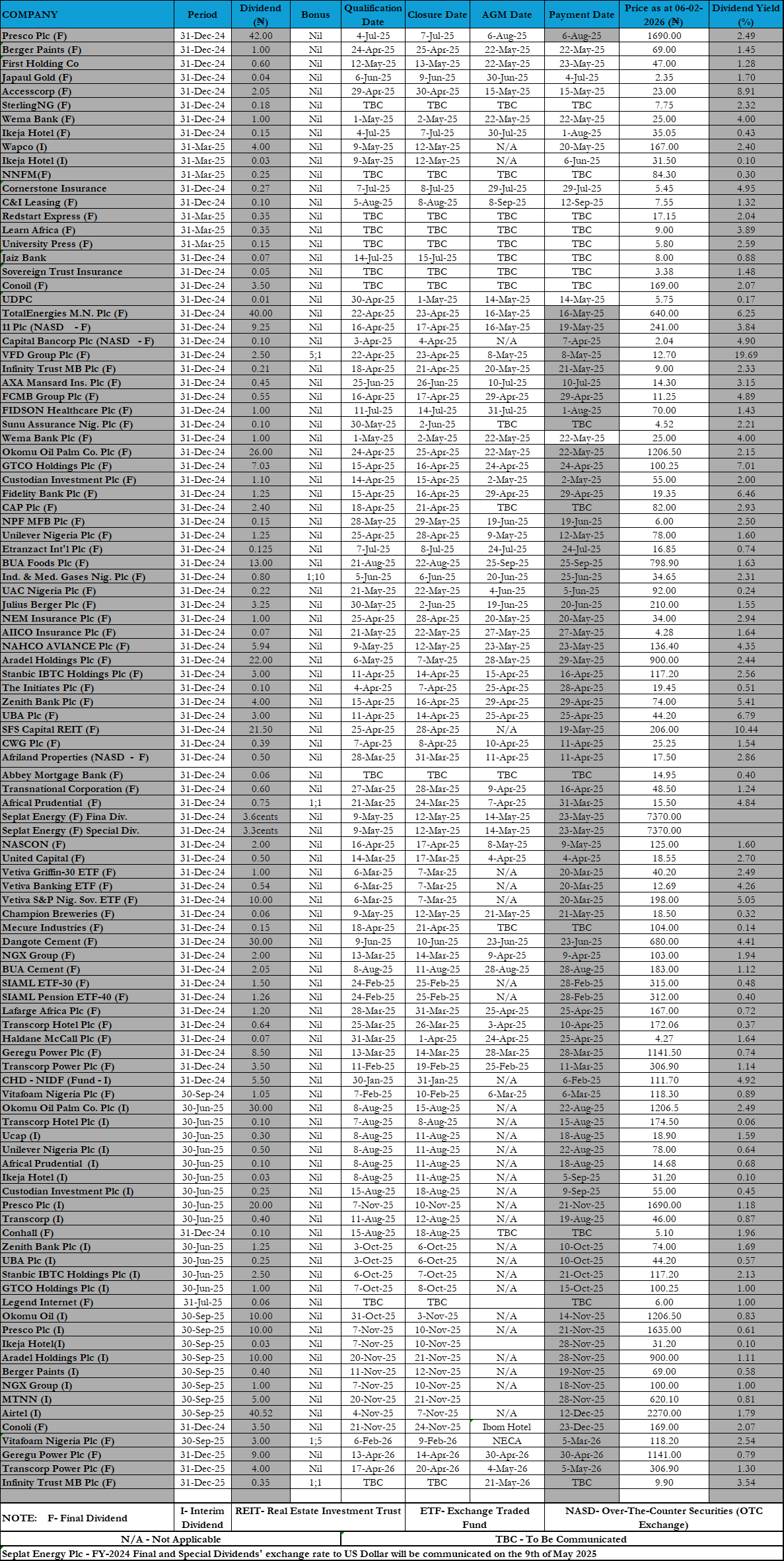
Akintunde Oyedokun
Research Analyst
Oil prices fluctuated on Monday but ended at a one-month low as markets reacted to U.S. President Donald Trump’s proposed tariffs on Canada, Mexico, and China. Brent crude closed at $75.96 per barrel, while WTI settled at $73.16.
Earlier gains of over $1 faded after Trump postponed Mexico tariffs. Analysts warn that energy tariffs could disrupt supply and raise costs, while concerns over inflation may push the Federal Reserve to raise interest rates, potentially slowing economic growth and energy demand.
China’s Factory Growth Slows, Job Cuts Surge Amid Trade Tensions
China’s factory activity slowed in January, with the Caixin/S&P Global Manufacturing PMI slipping to 50.1, a four-month low. Job cuts accelerated at the fastest pace in nearly five years due to cost concerns and weaker export demand. While domestic orders grew, foreign demand fell for the second straight month, partly due to U.S. tariff threats. Factory prices also dropped at the sharpest rate since July 2023, reflecting rising competition and global uncertainty.
Despite these challenges, manufacturers remained cautiously optimistic, anticipating stronger domestic demand and government support to stabilize growth.
Indonesia’s Inflation Hits 24-Year Low at 0.76%
Indonesia’s annual inflation rate fell to 0.76% in January, its lowest since 2000, down from 1.57% in December and below the central bank’s 1.5%-3.5% target range. The decline, steeper than analysts’ 1.88% forecast, was driven by electricity discounts and lower airfares. Core inflation, which excludes volatile prices, rose slightly to 2.36%.
Despite the sharp drop, Bank Indonesia is unlikely to cut rates this month, focusing instead on rupiah stability amid global market turbulence. The rupiah briefly fell 1% to its weakest level since June 2024 before recovering slightly.
Morocco’s Unemployment Rises to 13.3% in 2024
Morocco’s unemployment rate increased to 13.3% in 2024 from 13% in 2023, driven by job losses in agriculture due to prolonged drought, according to the HCP. The sector lost 137,000 jobs, contributing to 1.63 million unemployed in a population of 37 million. The government, facing opposition criticism, pledged $1.4 billion to support job creation, focusing on SMEs and youth employment. Services led job growth, followed by industry and construction. Youth unemployment climbed to 36.7%, while rates among graduates and women stood at 19.6% and 19.4%, respectively.
Nigeria Targets 2.7mbpd By 2027 Amid Security, Refinery Investments
Nigeria plans to increase crude and condensate output to 2.7 million barrels per day (bpd) by 2027, with improved security and condensate production driving growth, says Energy Adviser Olu Verheijen.
Oil production rose from 1.1 million bpd in 2022 to 1.67 million bpd in December 2024. President Tinubu aims for over 2 million bpd by 2025, but experts warn that oil theft and IOC withdrawals could hinder progress.
Meanwhile, Nigeria is set to become a net petroleum product exporter as the Dangote refinery scales up, with fuel subsidy removal boosting refinery investments.








